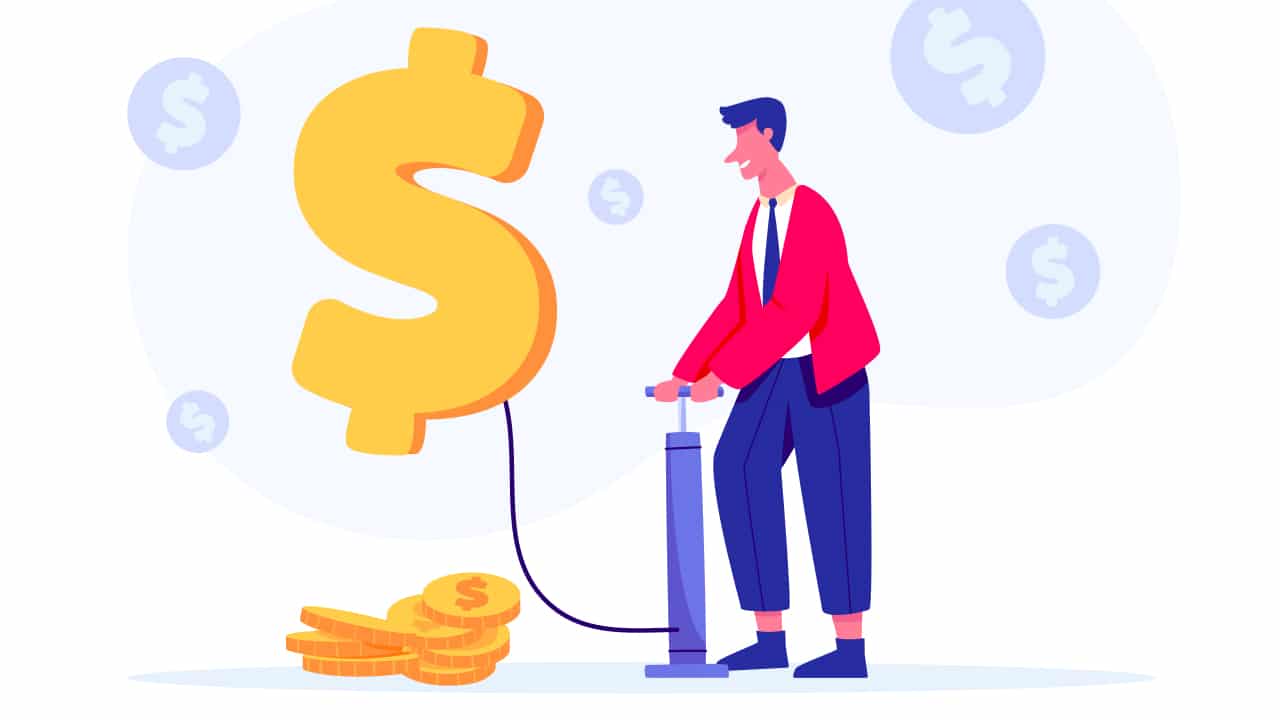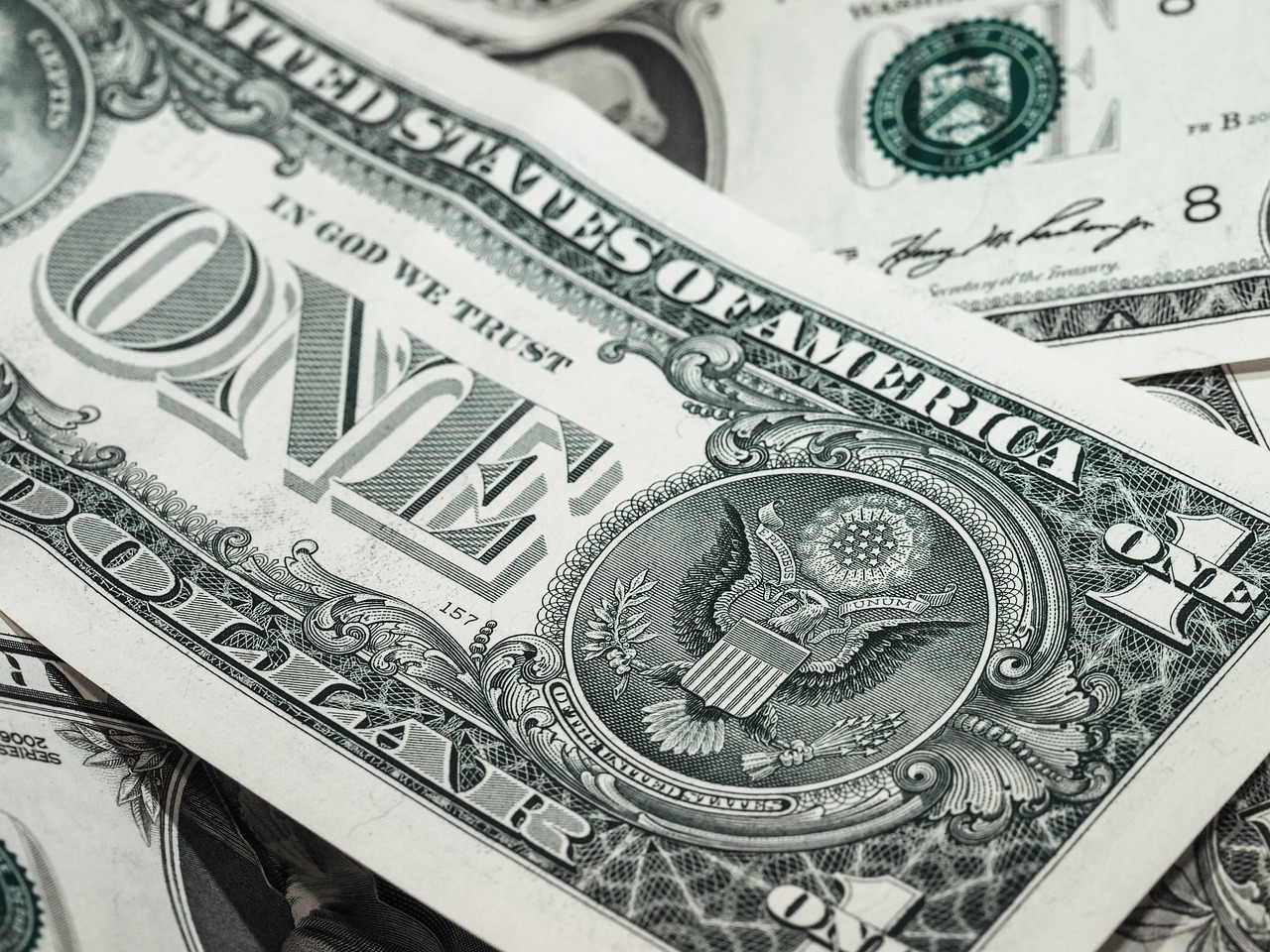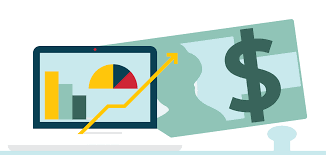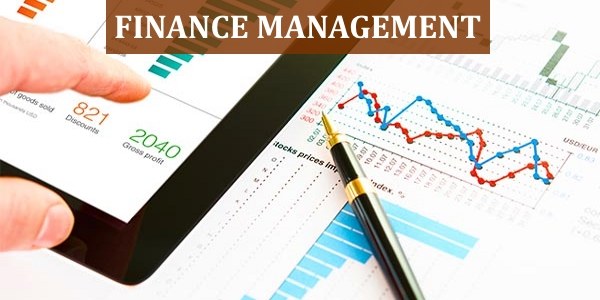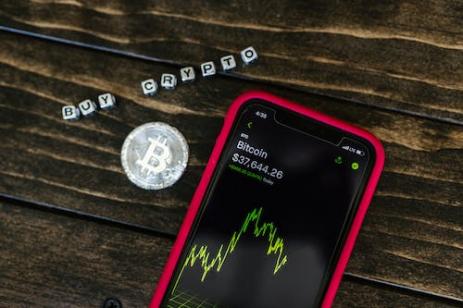
I recently incurred a $1,000 veterinary bill.
I was shocked by the overall expense when my dog Riley needed X-rays and medication to treat an illness (he is now OK).
Fortunately, I had enough cash to cover it, but it wasn't fun and fully went over my monthly budget. The entire incident got me thinking about how folks with smaller earnings or greater obligations—like kids or a mortgage—handle unforeseen bills.
According to a recent Bankrate survey, 22% of Americans have no emergency savings at all, and 57% of Americans are uneasy with their level of emergency savings.

That's particularly concerning for individuals who might be laid off. Less than half of Americans have enough money in savings to pay for costs for at least three months.
And with a possible recession looming, being ready during tough times is more crucial than ever.
The economy is currently holding its own. In May, employers added more jobs than anticipated, while retail sales remained robust.
However, at the same time that layoffs are occurring in sectors like tech and finance, unemployment is slowly rising. Additionally, Federal Reserve Chair Jerome Powell stated on Wednesday that higher interest rates will be necessary to combat inflation, which could strike the economy yet another blow.
What can you do to get ready, then? Organizing your savings is essential, according to experts.
According to Robert Stromberg, president of Mountain River Financial in Pennsylvania, it's a good idea to save three to six months' worth of living costs in cash or a similar asset. Those who are nearing retirement or are the only wage earner in their family might require even more.
Keep this cash in a separate account, advises Marcus Holzberg, a certified financial advisor at Holzberg Wealth Management, to stay organized and resist the need to utilize it for non-emergency costs.
The next step is to raise the overall balance in your savings account. Tim Melia, a financial advisor at Embolden Financial Planning in Washington, said automation can help with this. When you get paid, set up an automated transfer from your checking account to your savings.
Look at what expenses you may reduce, such as entertainment, travel, and eating out, if you don't have much money left over at the end of the month.
And don't forget to acknowledge your progress in saving along the way. According to Ryan Brueck, a financial adviser at ClearWealth in Iowa, "For those that struggle to get this built up, start small and get that first month of fixed expenses covered." This could be a significant accomplishment and psychological boost.
With a healthy puppy by my side, I'll be implementing these suggestions to restore my savings.
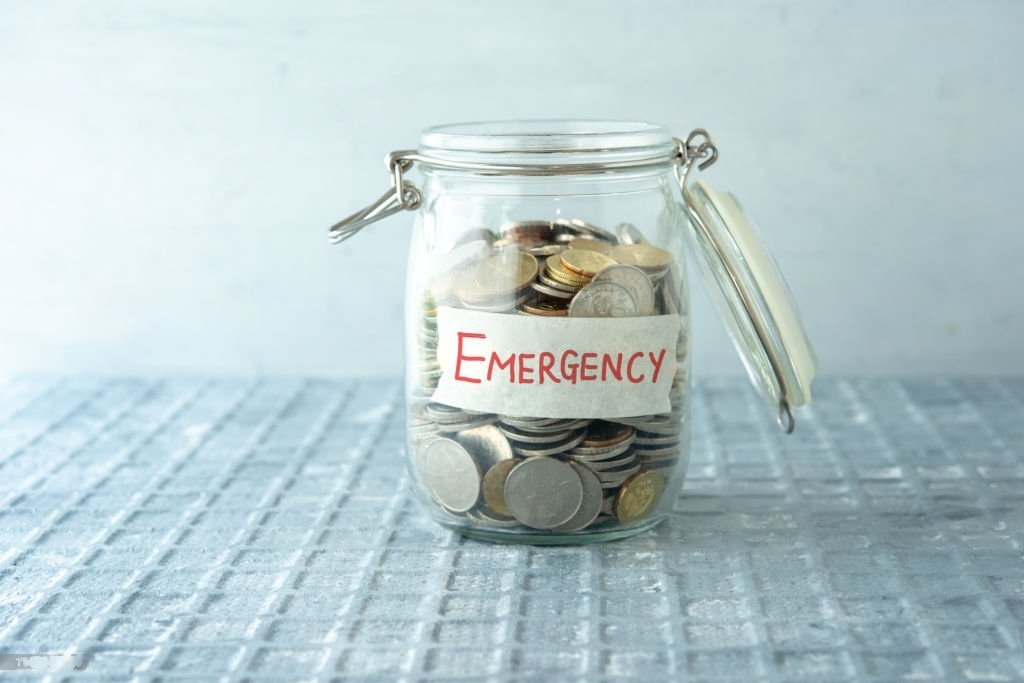
In conclusion, paying a $1,000 veterinary bill can be an unpleasant surprise that throws off one's monthly spending plan. It raises questions regarding how people with lower incomes or more debt manage unplanned expenses. With 22% of Americans having no emergency savings at all and 57% unsure of their amount of emergency savings, it is concerning that so many Americans do not have emergency savings. This lack of readiness becomes especially problematic when there is a chance of layoffs and when the economy is unpredictable.
In other words, paying a $1,000 vet bill can be expensive and cause economic restrictions. A considerable minority of Americans do not have emergency funds, which raises questions about their capacity to pay unforeseen expenses. It's essential to plan saves, create a sizeable emergency fund, automate savings, assess spending, and think about appropriate ways to store emergency funds, like high-interest savings accounts or Singapore saves Bonds, in order to be prepared.
